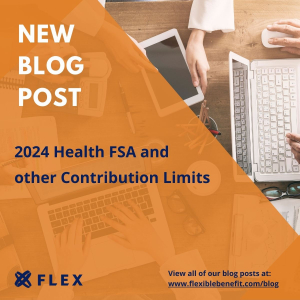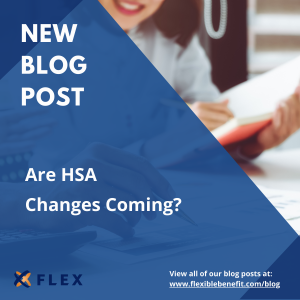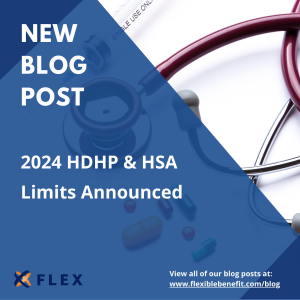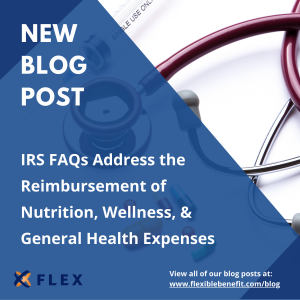HSA
Health Savings Accounts (HSAs) celebrated their 20th birthday last week. HSAs were signed into law on December 8, 2003 by then President George W. Bush. Here are some fun facts about HSAs!
The Internal Revenue Service (IRS) published Revenue Procedure 2023-34 on November 9, 2023. The Revenue Procedure includes the inflation-adjusted 2024 contribution limits for certain employee benefit programs. Below is a summary of some of those contribution limit adjustments.
The House Ways and Means Committee recently cleared legislation which would make substantial enhancements and improvements to Health Savings Accounts (HSAs). There are two bills which have now been cleared for a vote in the House of Representatives (House). If passed in the House, the bills would then need to be approved by the Senate before going to the president for signature.
Last month the Internal Revenue Service (IRS) published Rev. Proc. 2023-23 which includes the 2024 limits for qualified high deductible health plans (HDHPs) and Health Savings Accounts (HSAs). Read on for a summary of these limits.
On March 17, 2023, the Internal Revenue Service (IRS) published some Frequently Asked Questions (FAQs) as it pertains to the reimbursement of nutrition, wellness, and general health expenses from a Health Flexible Spending Account (FSA), Health Savings Account (HSA), Health Reimbursement Arrangement (HRA), or Archer Medical Savings
Health Savings Accounts (HSAs) have become a popular way to pay for out-of-pocket medical expenses and/or save for future medical expenses. HSAs are considered by many to be the “unicorn” of financial accounts. The primary reason for this claim to fame are the triple tax advantage features of HSAs. Contributions are taxdeductible, earnings and interest grow tax-deferred, and withdrawals are tax-free provided the money is used for an out-of-pocket medical expense.
Many telemedicine programs disqualify a person from making contributions to a Health Savings Account (HSA). Generally, telemedicine programs that have a $0 copay or low dollar copay will eliminate HSA eligibility. Typically, a telemedicine program must apply the full cost of the virtual visit to the deductible, or it can only cover limited benefits (e.g., preventive-only services, dental-only services) to preserve HSA eligibility.
The Affordable Care Act (ACA) created a research institute known as the Patient-Centered Outcomes Research Institute (PCORI). The goal of PCORI is to help patients and those who care for them make better-informed decisions about healthcare choices. PCORI is funded in part by fees which are charged to health plans.
Last week, the Internal Revenue Service (IRS) published Rev. Proc. 2022-24 which includes the 2023 limits for qualified high deductible health plans (HDHPs) and Health Savings Accounts (HSAs). Below is a summary of these limits:
Minimum Deductible to Qualify as an HDHP
Lifestyle Spending Accounts (LSAs) have become one of the hottest new employee benefit programs. LSAs are sometimes referred to by other names, such as Personal Spending Accounts or some even refer to them simply as Wellness Programs. There could be a slew of other names, but we refer to them as LSAs.










